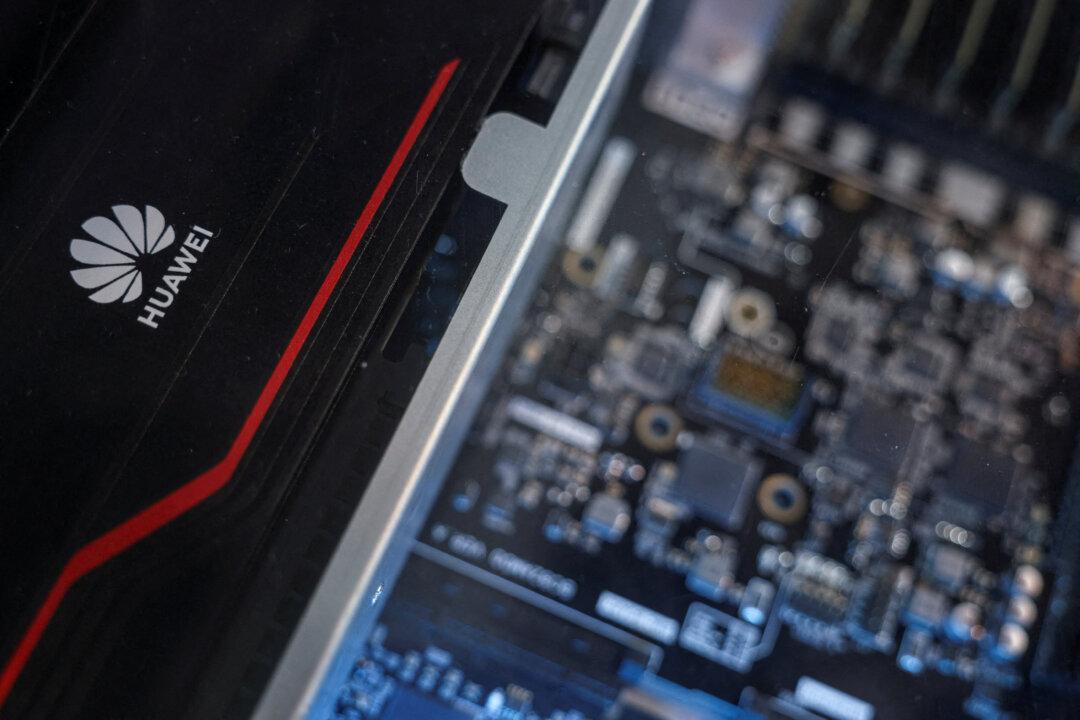The Commerce Department’s Bureau of Industry and Security (BIS) on May 13 warned entities against using Huawei chips that were developed in violation of U.S. export controls while announcing that new artificial intelligence (AI) chip trade rules are to come.
In January, the outgoing Biden administration finalized an AI Diffusion rule governing how U.S. AI technology is to be distributed around the world. It was meant to go into effect on May 15.





